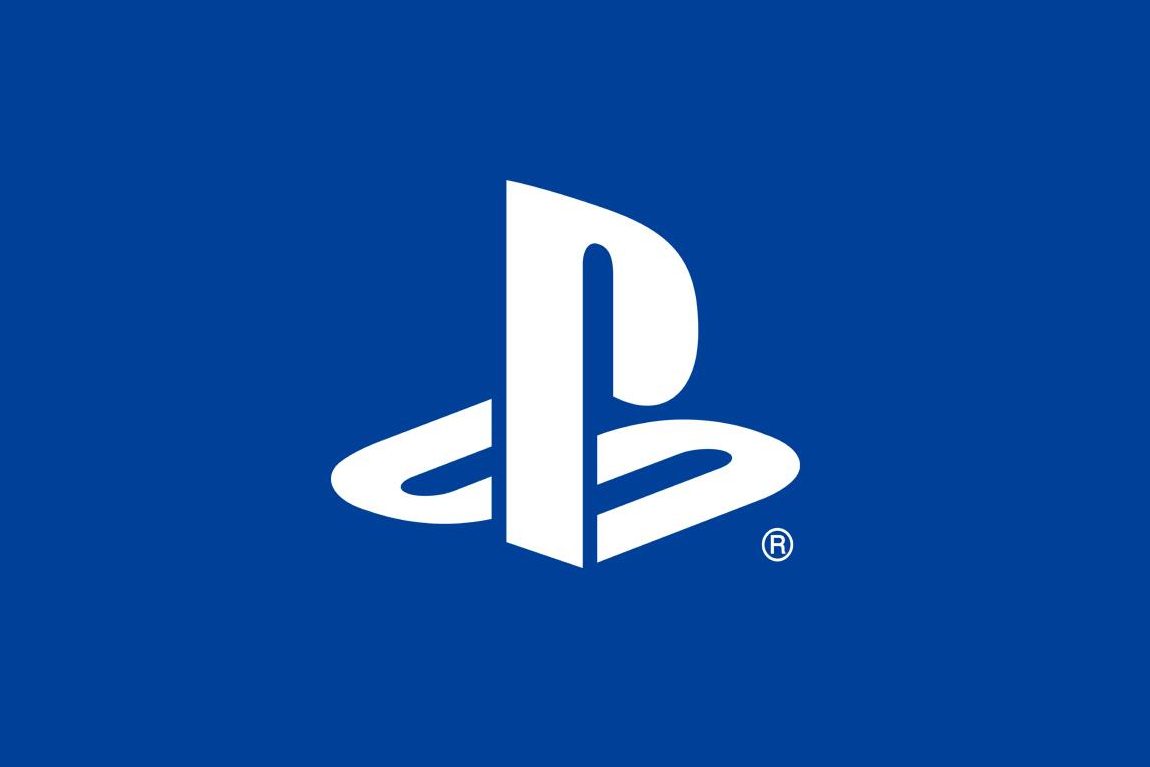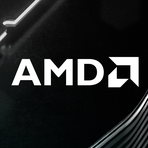AMD Triumphs Over Intel: The Future of PlayStation 6 Chips
September 17, 2024, 10:36 pm

Location: United States, California, Princeton-by-the-Sea
Employees: 5001-10000
Founded date: 1994
Total raised: $50K
In the ever-evolving world of technology, competition is fierce. Recently, AMD has emerged victorious in a high-stakes battle against Intel for the coveted contract to produce chips for the upcoming PlayStation 6. This decision marks a significant shift in the gaming landscape and highlights the challenges faced by Intel.
The backdrop of this contest is a tale of two giants. Intel, once the undisputed leader in chip manufacturing, has stumbled in recent years. Their latest Core processors have faced criticism, and financial woes have plagued the company. Meanwhile, AMD has been on a winning streak, riding the wave of innovation and market demand.
The news broke when Reuters reported that Intel failed to secure a deal with Sony, the maker of PlayStation. The negotiations, which reportedly spanned several months, involved high-level executives from both companies. Despite the potential for a $30 billion revenue boost, Intel could not reach an agreement. The sticking point? Profit-sharing on each chip sold.
In the world of gaming, every decision counts. Sony's choice to partner with AMD instead of Intel could have far-reaching implications. AMD already produces the chips for the current PlayStation 5, and this continuity may ensure a smoother transition to the next generation. However, it raises concerns about backward compatibility. Will gamers be able to play their beloved PS5 titles on the PS6? This question lingers in the air like a cloud of uncertainty.
Intel's loss is not just a setback; it's a wake-up call. The company has been struggling to regain its footing in a market that increasingly favors AMD. The chipmaker's recent financial reports have been sobering. With operational losses hitting $7 billion, Intel is in a precarious position. Plans to cut 15% of its workforce and close underperforming units signal a company in crisis.
The implications of this contract extend beyond just chips. For AMD, winning the PlayStation 6 contract solidifies its reputation as a leader in gaming technology. It could open doors to other lucrative contracts, further enhancing its market position. For Intel, the loss is a blow to its restructuring plans under CEO Pat Gelsinger. The company had hoped to leverage this deal to expand its client base and stabilize its finances.
The gaming industry is a goldmine. With over 100 million PlayStation consoles sold within five years, the stakes are high. Each chip represents not just a product, but a potential fortune. For Intel, missing out on this opportunity is akin to losing a race it once dominated.
As the dust settles, AMD stands poised to capitalize on its victory. The company has proven its mettle in the gaming arena, and the partnership with Sony could lead to innovations that redefine gaming experiences. Meanwhile, Intel must regroup and rethink its strategy. The road ahead is fraught with challenges, but it also presents opportunities for reinvention.
The PlayStation 5 Pro, recently unveiled by Sony, showcases the company's commitment to pushing boundaries. With enhanced capabilities, including improved AI integration and support for 8K resolution, the PS5 Pro sets the stage for what’s to come. As gamers eagerly await the next chapter, the question remains: how will AMD's chips shape the future of gaming?
In the grand scheme of things, this battle between AMD and Intel is more than just a corporate rivalry. It reflects the shifting tides of technology. Companies must adapt or risk being left behind. AMD's triumph is a testament to resilience and innovation. For Intel, it’s a lesson in humility and the need for strategic recalibration.
As we look to the future, the gaming landscape will continue to evolve. The partnership between AMD and Sony could herald a new era of gaming excellence. With each chip produced, the potential for groundbreaking experiences grows. The stakes are high, and the competition is fierce.
In conclusion, the defeat of Intel in the PlayStation 6 chip race is a pivotal moment in tech history. It underscores the importance of adaptability and foresight in a rapidly changing market. AMD's victory is not just a win for the company; it’s a win for gamers everywhere. As we await the arrival of the PlayStation 6, one thing is clear: the game has changed, and the future looks bright for AMD.
The backdrop of this contest is a tale of two giants. Intel, once the undisputed leader in chip manufacturing, has stumbled in recent years. Their latest Core processors have faced criticism, and financial woes have plagued the company. Meanwhile, AMD has been on a winning streak, riding the wave of innovation and market demand.
The news broke when Reuters reported that Intel failed to secure a deal with Sony, the maker of PlayStation. The negotiations, which reportedly spanned several months, involved high-level executives from both companies. Despite the potential for a $30 billion revenue boost, Intel could not reach an agreement. The sticking point? Profit-sharing on each chip sold.
In the world of gaming, every decision counts. Sony's choice to partner with AMD instead of Intel could have far-reaching implications. AMD already produces the chips for the current PlayStation 5, and this continuity may ensure a smoother transition to the next generation. However, it raises concerns about backward compatibility. Will gamers be able to play their beloved PS5 titles on the PS6? This question lingers in the air like a cloud of uncertainty.
Intel's loss is not just a setback; it's a wake-up call. The company has been struggling to regain its footing in a market that increasingly favors AMD. The chipmaker's recent financial reports have been sobering. With operational losses hitting $7 billion, Intel is in a precarious position. Plans to cut 15% of its workforce and close underperforming units signal a company in crisis.
The implications of this contract extend beyond just chips. For AMD, winning the PlayStation 6 contract solidifies its reputation as a leader in gaming technology. It could open doors to other lucrative contracts, further enhancing its market position. For Intel, the loss is a blow to its restructuring plans under CEO Pat Gelsinger. The company had hoped to leverage this deal to expand its client base and stabilize its finances.
The gaming industry is a goldmine. With over 100 million PlayStation consoles sold within five years, the stakes are high. Each chip represents not just a product, but a potential fortune. For Intel, missing out on this opportunity is akin to losing a race it once dominated.
As the dust settles, AMD stands poised to capitalize on its victory. The company has proven its mettle in the gaming arena, and the partnership with Sony could lead to innovations that redefine gaming experiences. Meanwhile, Intel must regroup and rethink its strategy. The road ahead is fraught with challenges, but it also presents opportunities for reinvention.
The PlayStation 5 Pro, recently unveiled by Sony, showcases the company's commitment to pushing boundaries. With enhanced capabilities, including improved AI integration and support for 8K resolution, the PS5 Pro sets the stage for what’s to come. As gamers eagerly await the next chapter, the question remains: how will AMD's chips shape the future of gaming?
In the grand scheme of things, this battle between AMD and Intel is more than just a corporate rivalry. It reflects the shifting tides of technology. Companies must adapt or risk being left behind. AMD's triumph is a testament to resilience and innovation. For Intel, it’s a lesson in humility and the need for strategic recalibration.
As we look to the future, the gaming landscape will continue to evolve. The partnership between AMD and Sony could herald a new era of gaming excellence. With each chip produced, the potential for groundbreaking experiences grows. The stakes are high, and the competition is fierce.
In conclusion, the defeat of Intel in the PlayStation 6 chip race is a pivotal moment in tech history. It underscores the importance of adaptability and foresight in a rapidly changing market. AMD's victory is not just a win for the company; it’s a win for gamers everywhere. As we await the arrival of the PlayStation 6, one thing is clear: the game has changed, and the future looks bright for AMD.

